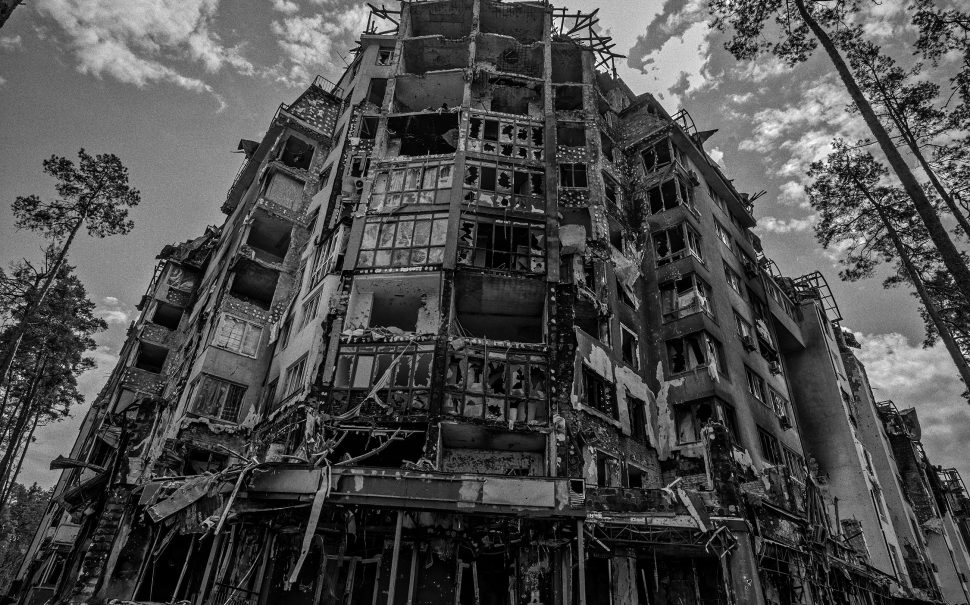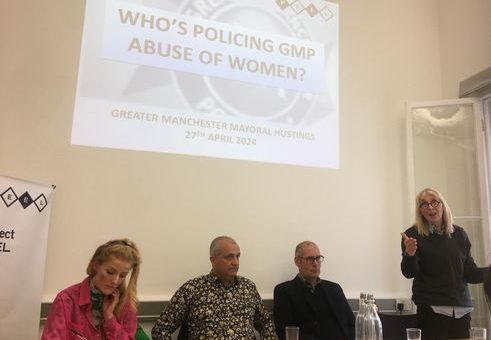A Manchester charity has received a $2million grant to clear unexploded landmines in Ukraine and deliver life-saving risk education.
About 27% of Ukraine’s territory will need to be cleared, according to Ukraine’s Ministry of Ecology and Natural Resources, in an operation that could take years.
The funding has been awarded to charity Mines Advisory Group (MAG), which has already been delivering risk education in Ukraine amid the conflict with Russia.
Darren Cormack, who has visited Kyiv as chief executive of MAG, said: “The use of heavy artillery, landmines, cluster munitions, both in rural and populated areas, has left a devastating and deadly legacy.
“Land that should be used for agriculture, or homes that should provide shelter for children to play and sleep, especially as we go into the hard Ukrainian winter, are too risky to be used.
“The challenges ahead are monumental and potentially growing as new territory is liberated in Kharkiv, a city and region that has undergone months of intense, bitter ground-fighting accompanied by a brutal artillery campaign.”
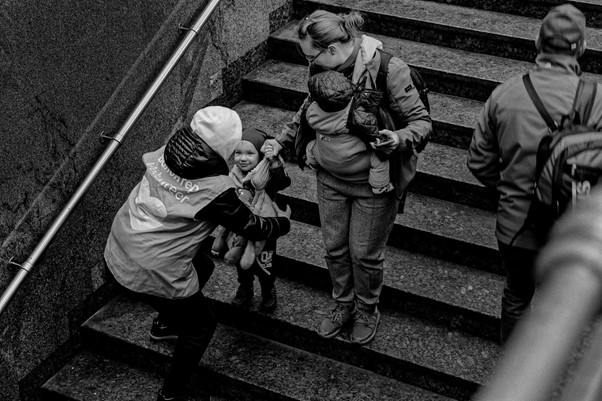
When Sean Sutton, a photojournalist and MAG’s international communications manager, visited Ukraine in May he saw first-hand the impact of landmines on communities in Irpin.
He described how two women had witnessed a building 20 metres away being hit by explosives and burst into flames.
In an interview with MM conducted earlier this year, he said: “The women described an apocalyptic scene of dead people and wounded people.
“Everyone in the immediate area fled but returned in just a few weeks because they were worried about their cats.”
Following this, Mr Sutton and a member of the technical team spotted a hand grenade on top of a water dispenser in the middle of the room – highlighting the problem of unexploded weapons in residential areas.
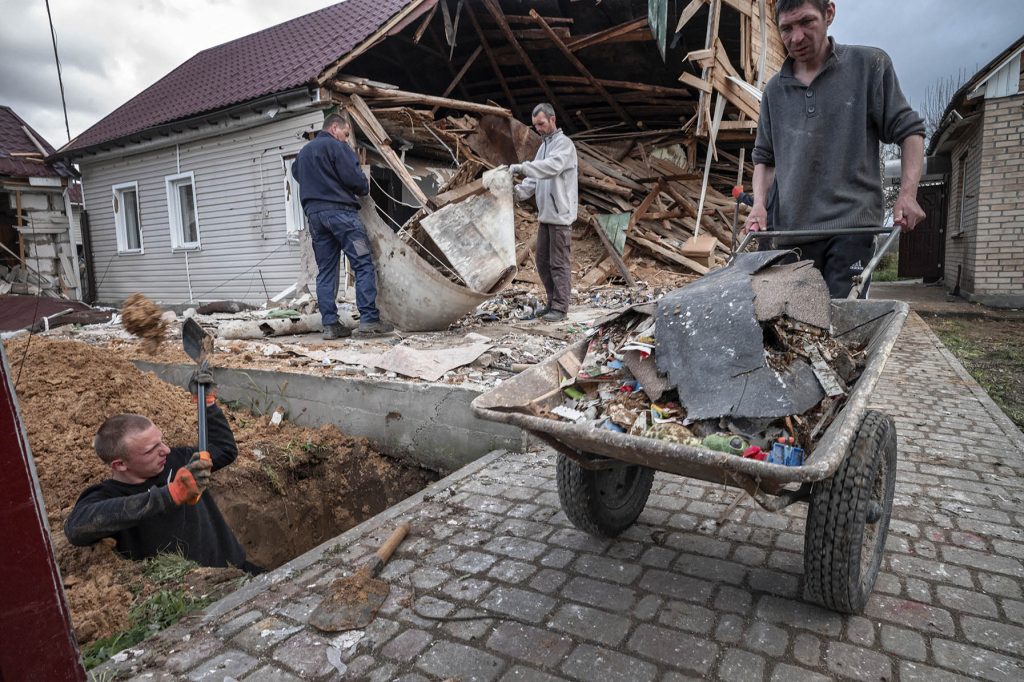
The new grant from the United Methodist Committee on Relief (UMCOR) will allow the charity, which employs 5,800 people in 27 countries, to significantly scale up its operations and begin clearance work.
Mr Sutton added: “There’s that sort of feeling across the organisation that we have to do something. You see on television the weapon systems being used – cluster munitions and huge amounts of explosives in urban environments.
“We know what the impact, from our experience in other places, of that can be so we felt obliged to try and do something and we’re really happy that we can.”
UMCOR’s grant to MAG will enable the organisation to:
- Establish operations and a program structure for mine-removal activated in Ukraine. This will benefit communities, internally displaced persons (IDPs) and people returning to their homes.
- Provide education to vulnerable populations, including women, men, and children who are returning to contaminated areas so they are aware of the risks from landmines and other deadly items.
- Reduce risk through the use of surveys and clearance operations so that 100% of the landmines and explosive ordnance found are destroyed.
- Support the Ukrainian Deminers Association and conduct a basic deminer course and Explosive Ordnance Disposal training for up to 20 candidates.
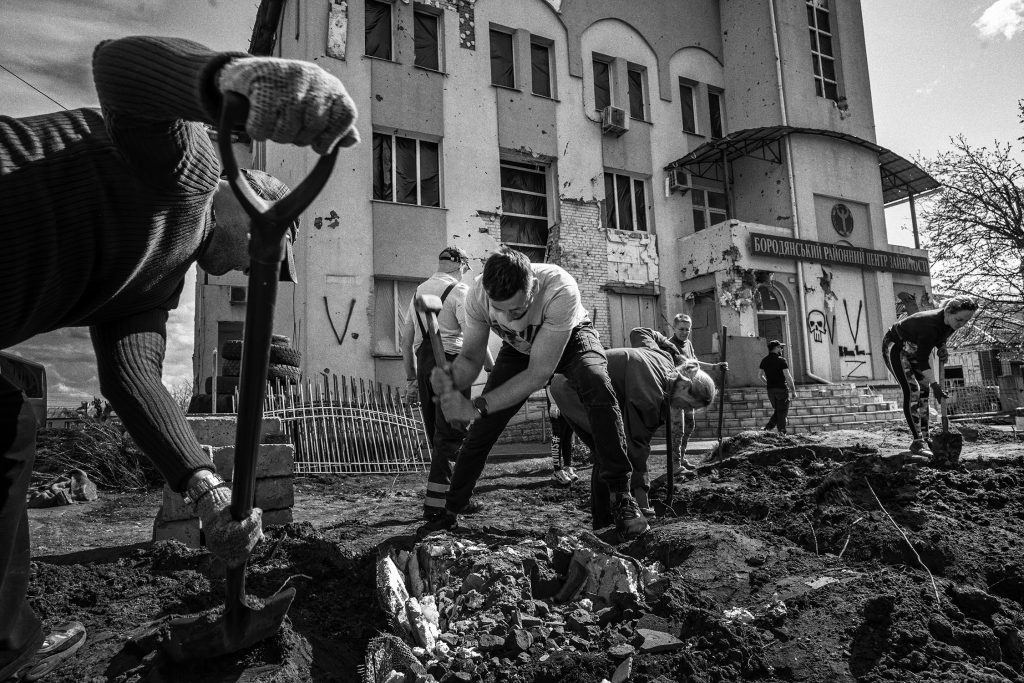
As part of the General Board of Global Ministries, UMCOR provides relief and recovery response throughout the world.
MAG is a long-time UMCOR partner and the two organisations have worked together on past demining and risk education projects in Africa, Asia and the Middle East.
Ukraine has signed the 1997 Mine Ban Treaty that comprehensively prohibits all types of victim- activated explosive devices.
Russia has not joined the treaty but is bound by the prohibitions and restrictions on mines, booby traps and other devices under the United Nations Convention on Conventional Weapons.
Main image credit: MAG/Sean Sutton
